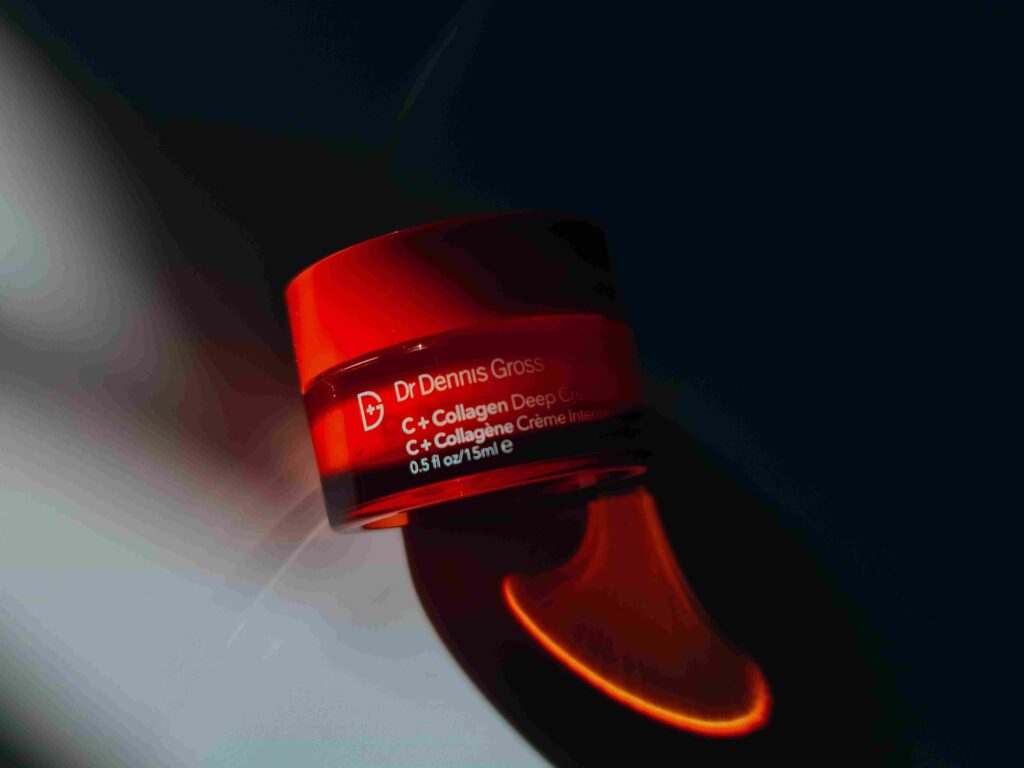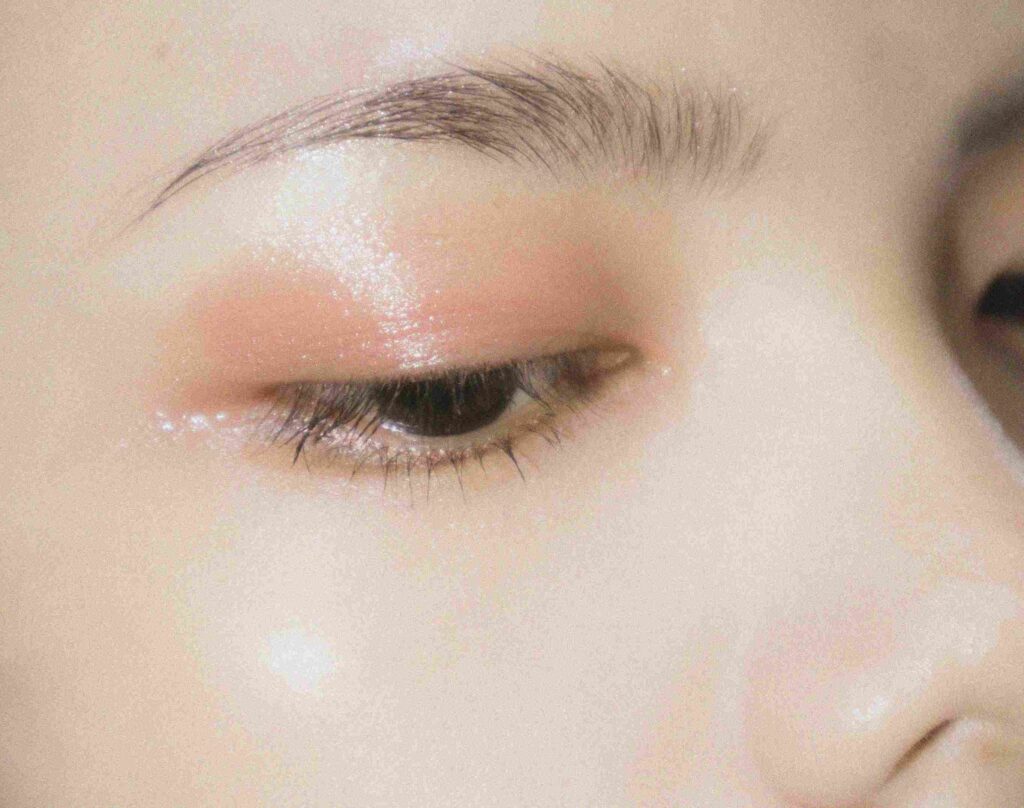The quest for radiant and flawless skin is a pursuit shared by many. Collagen, a protein naturally produced by our bodies, plays a pivotal role in maintaining skin health and appearance. From its impact on skin elasticity to its contribution to a youthful complexion, collagen’s influence on our skin is profound.
In this article, we’ll explore how collagen affects skin health, signs of collagen deficiency, collagen-rich foods, the benefits of collagen supplements, the role of topical collagen products, and how these elements collectively contribute to helping you achieve that coveted perfect skin.

Table of Contents
How Collagen Affects Skin Health
Collagen serves as the structural foundation of our skin. It provides strength, elasticity, and suppleness to the skin’s structure. As we age, our natural collagen production decreases, resulting in the formation of wrinkles, fine lines, and sagging skin. Collagen helps maintain the skin’s integrity, ensuring it remains firm, smooth, and youthful.
Signs of Collagen Deficiency
Several signs may indicate a decline in collagen levels:
- Wrinkles and Fine Lines: Reduced collagen leads to decreased skin elasticity, resulting in the formation of wrinkles and fine lines.
- Sagging Skin: Loss of collagen can cause the skin to lose its firmness and resilience, leading to sagging or drooping skin.
- Dryness and Dullness: Collagen is vital for maintaining skin hydration. A lack of collagen can contribute to dry and dull skin.
- Joint Pain: Collagen is also found in joints and connective tissues. Collagen deficiency can lead to joint discomfort and stiffness.
Foods That Are High in Collagen
- Bone Broth: This nutrient-rich broth made from simmering animal bones is a collagen powerhouse.
- Fish and Seafood: Fish skin and scales are rich sources of collagen, especially marine sources like salmon.
- Lean Meat: Including cuts of meat that contain connective tissue can provide collagen-building amino acids.
- Eggs: Egg whites contain proline and glycine, amino acids necessary for collagen synthesis.
Collagen Supplements
Collagen supplements have gained popularity as a convenient way to boost collagen intake. They are available in various forms:
- Hydrolyzed Collagen: This type of collagen is broken down into smaller peptides, making it easier for the body to absorb.
- Bovine Collagen: Sourced from cow hides, it’s rich in type I and III collagen, benefiting skin health.
- Marine Collagen: Derived from fish scales and skin, marine collagen’s smaller particles enhance absorption.
Topical Collagen Products
Beyond dietary supplementation, topical products infused with collagen offer direct benefits to the skin:
- Moisturizers: Collagen-infused moisturizers help maintain skin hydration and improve texture.
- Serums: Collagen serums deliver concentrated nutrients that support collagen synthesis and skin repair.
- Masks: Collagen masks provide a quick boost of hydration and can improve the appearance of the skin’s surface.

Collagen plays an indispensable role in achieving perfect skin. Its impact on skin elasticity, hydration, and overall youthfulness is undeniable. As we age, maintaining optimal collagen levels becomes crucial to combat the signs of aging and maintain skin health. Incorporating collagen-rich foods into your diet, considering collagen supplements, and utilizing topical collagen products can work in synergy to help you achieve radiant and flawless skin.
While collagen is a powerful ally, it’s essential to approach its use with a holistic skincare routine and realistic expectations. Remember that individual results may vary, and consulting with skincare professionals can provide personalized guidance on integrating collagen into your beauty regimen.
- Is Collagen Good for Your Face? Here’s What You Need to Know
Collagen is a protein that plays a crucial role in maintaining the structure, elasticity, and overall health of your skin…


